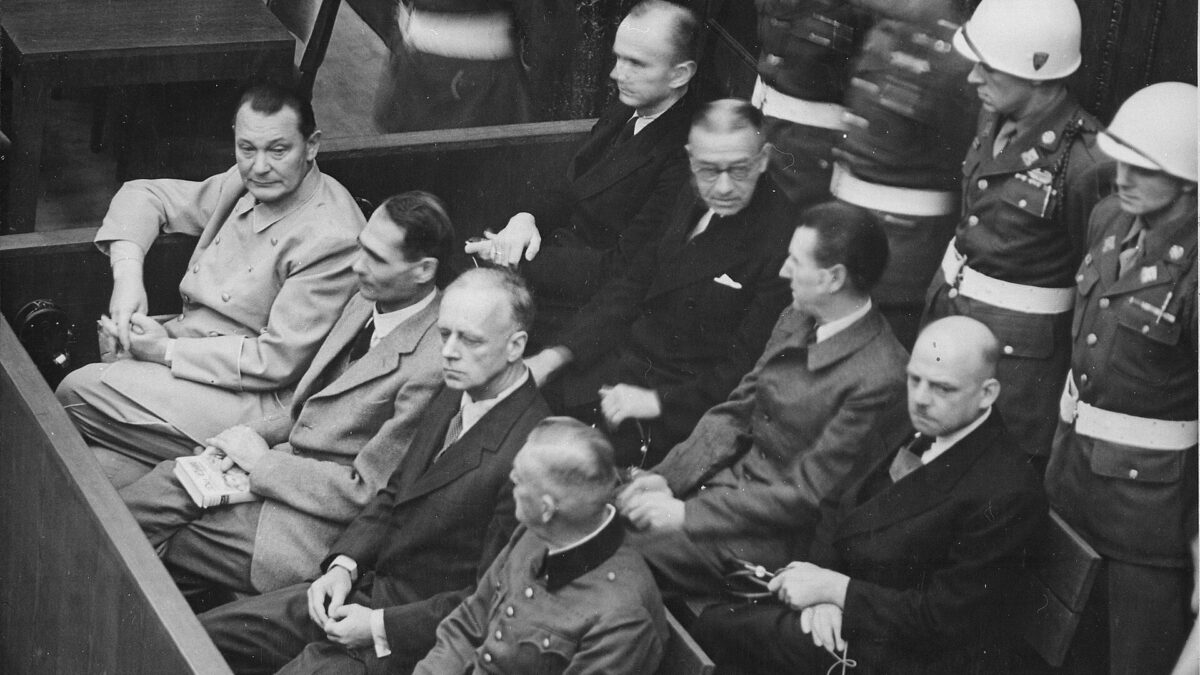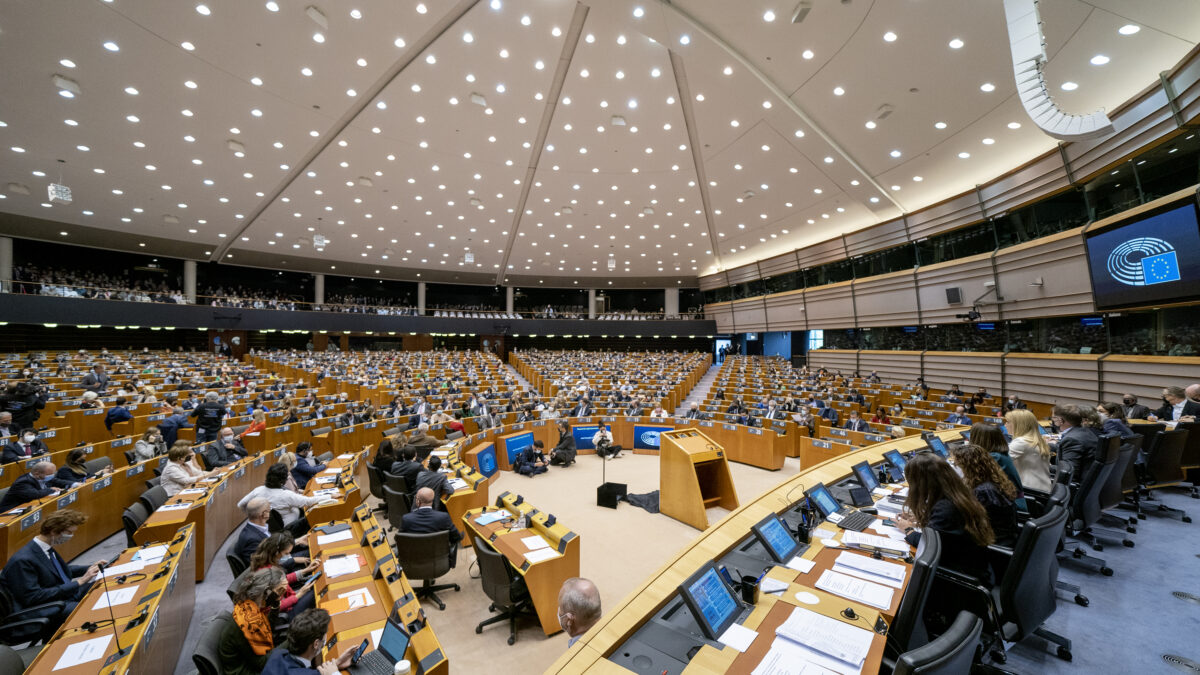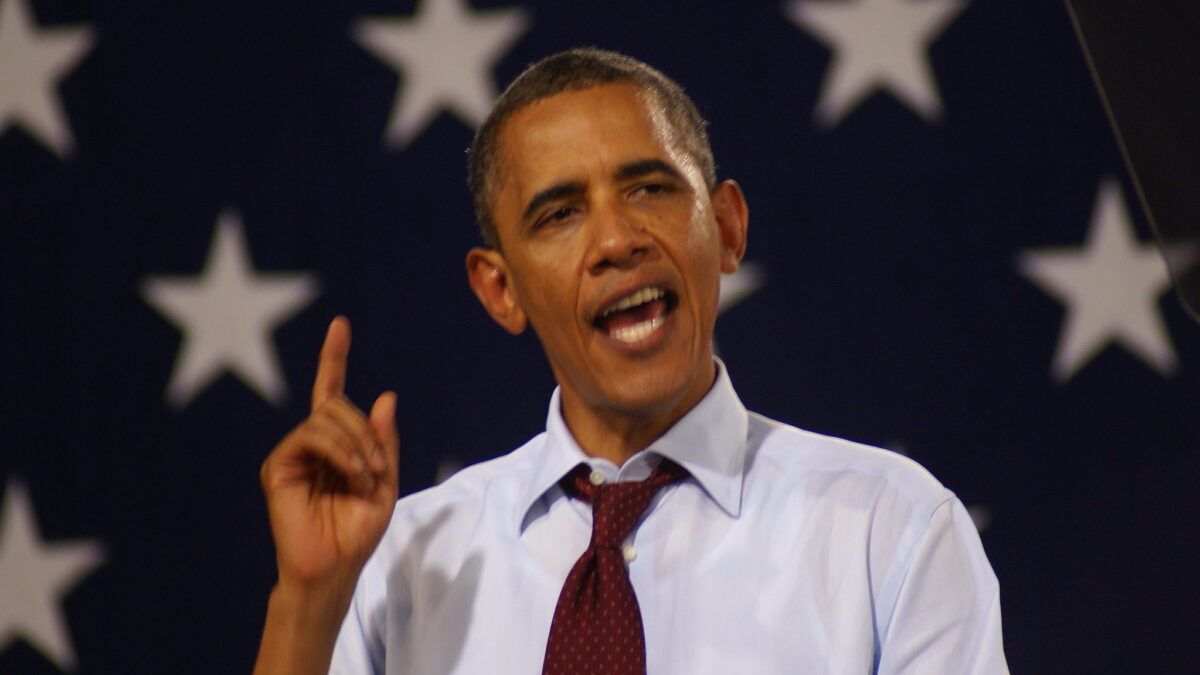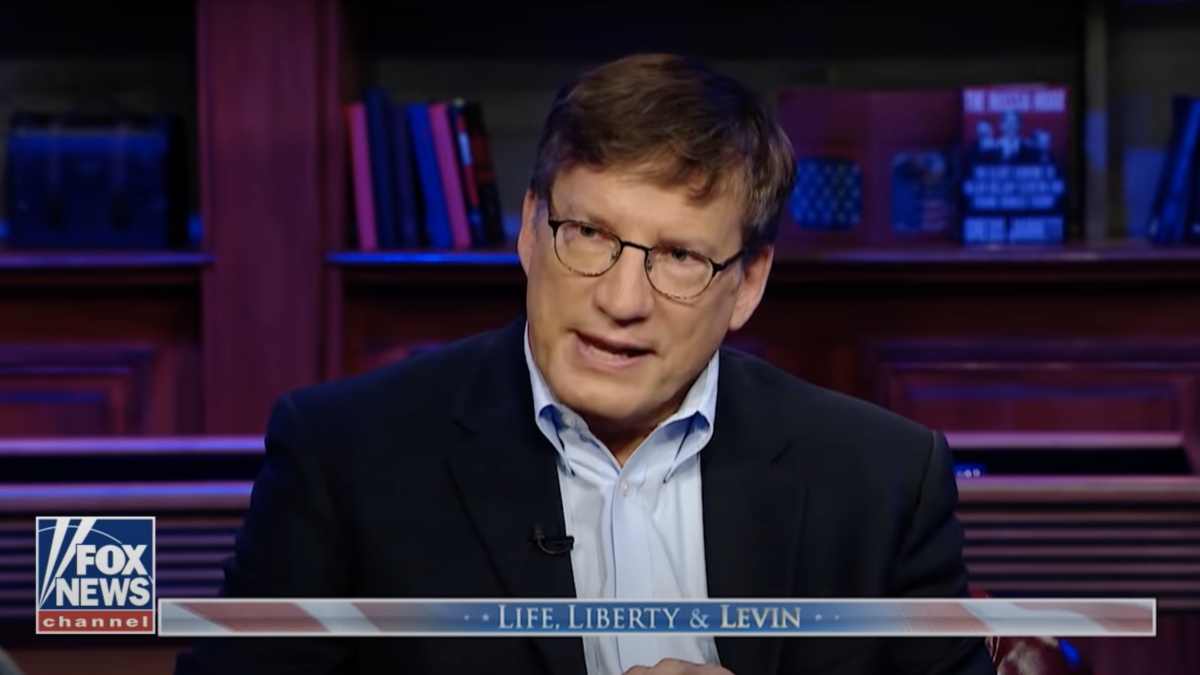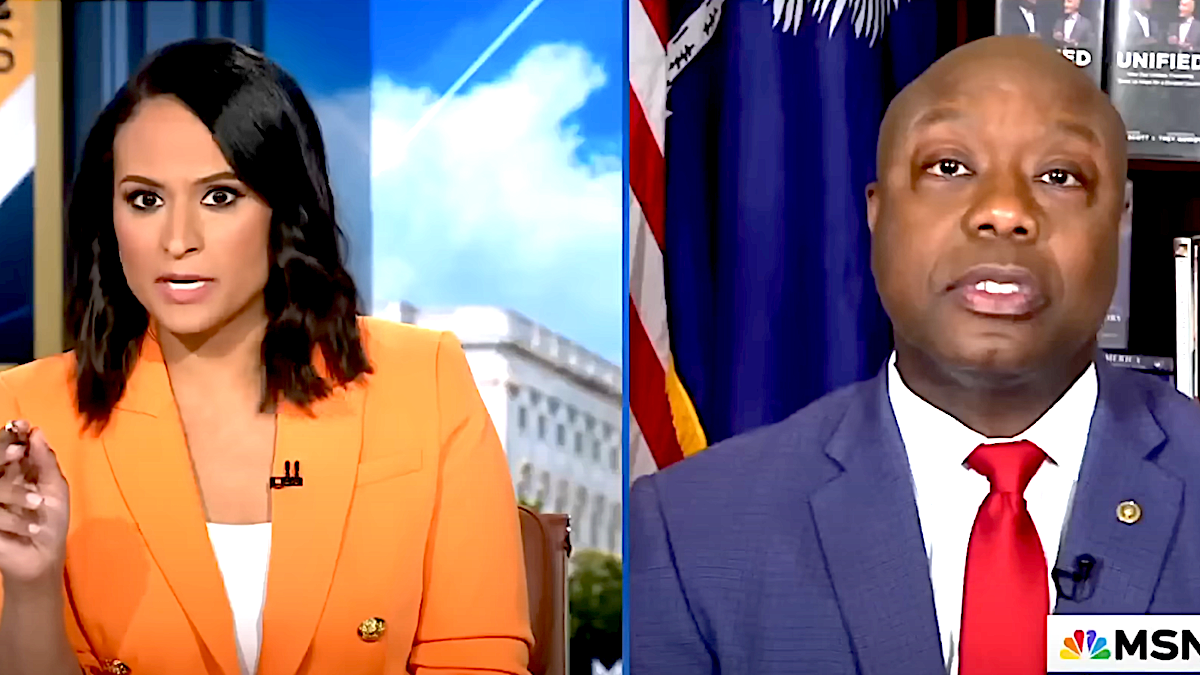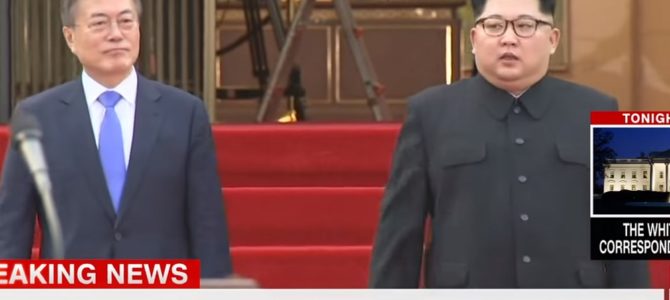
On Friday, North and South Korea made history. Or at least that’s what everyone is saying. While the leaders of those two countries did meet at the most recent summit since 2007, and while many impressive, headline-making developments have emerged over the past few days, there are plenty of reasons to be suspicious that North Korea hasn’t fundamentally changed its goals, even if it has had to change its tactics.
North Korean leader Kim Jong-un and South Korean President Moon Jae-in met on Friday in the demilitarized zone that has separated the two Koreas since they signed an armistice in 1953. Their initial meeting and handshake was attended by a glut of fanfare and the scrutiny of hundreds of camera lenses and live TV coverage. Kim and Moon were kicking off a summit whose purpose is to end the spiraling crisis on the Korean peninsula over North Korea’s nuclear weapons. Its secondary purpose, of course, was to act as a warm-up for the meeting between Kim and President Donald Trump, set to take place sometime in May or June.
Since Friday, the news cycle has been busting with breaking headlines of “historic” developments emerging from this summit. The first came on Friday, when Kim crossed into South Korea for the first time, followed by Moon briefly crossing into North Korea long enough to have some photos taken. Later in the day, the two countries signed a joint declaration stating that they would work toward signing a peace agreement to officially bring an end to the Korean War, and that they had a shared goal of a denuclearized Korean Peninsula.
But the biggest news by far came on Sunday: South Korea announced that Kim Jong-un is willing to give up his nuclear weapons, but only if the United States promises not to invade North Korea. Kim further promised to permit journalists and experts to come witness the dismantling of North Korea’s only known underground nuclear test site. Earlier this month, Kim had said his country would suspend its nuclear and ballistic missile tests.
But here’s the rub. The nuclear test site that Kim is willing to decommission in a sign of his true commitment to denuclearization? Well, there’s evidence to suggest the site has already collapsed and is no longer of any use to the Kim regime.
As for North Korea living in existential fear of an American invasion? While a U.S. attack has no doubt become a concern for Kim and his cohort in recent months as the crisis has escalated, it’s simply not a reality that America has long posed an invasion threat to North Korea, despite the 28,000 American troops stationed in South Korea. Those troops are stationed in South Korea because of ongoing belligerence from the North, not because the United States has been planning for 65 years to unite the two Koreas by force.
Same Game, Higher Bar
Nevertheless, it’s hard to deny that so many of these gestures and declarations seem new, historic, and unprecedented. One could be forgiven for thinking that perhaps there is reason for hope. Secretary of Defense Jim Mattis said, “I don’t have a crystal ball. I can tell you we are optimistic right now that there is opportunity here that we have never enjoyed since 1950.”
On the surface, that appears true. And God knows that would be the best of all possible scenarios. But what if there’s another explanation for Kim’s unprecedented opening, beginning with his New Year’s Day speech, in which he made overtures to South Korea? What if this is the new cost for buying time?
In the past, when Pyongyang needed to bargain for more time to keep working on its nuclear program, it didn’t have to give up quite as much. It could sign a declaration, maybe send some envoys to meet with South Korea, and the international community would come running. But now, because of the strides North Korea has made toward possessing a nuclear-tipped intercontinental ballistic missile, foreign leaders, especially America’s, aren’t so easily led. Kim has made serious threats against South Korea, Japan, and the United States in his words and deeds, significantly accelerating his nuclear and missile tests over the past two years.
If Kim wants any hope of getting out from under crushing international sanctions and avoiding some kind of possible U.S. military action before he’s able to complete construction of a nuclear weapon, Kim has to persuade his adversaries that he really means what he says. The young authoritarian leader might be backed into a corner, but not in the way you think. He’s being forced to do more, say more, in order to convince the world that this time it’s the real thing.
Maybe Kim is sincere in his declarations and avowed change of heart. But if he’s really just trying to buy time to complete his nuclear weapons program, then South Korea is playing right into his plan. The South Korean government, led by Moon, who has long advocated for diplomacy with the North, has jumped at every chance of engagement with the Kim regime since the beginning of the year, including rolling out the red carpet at the Olympics in February. Then, this weekend at the summit, Moon made a spectacle of himself in his chummy photo ops with Kim.
The two men sat together on a park bench, unaccompanied by their aides, while cameras clicked away. They watered a symbolic tree together, and toasted champagne. After signing the declaration, Kim and Moon embraced one another, stomach to stomach, smiling to the camera like some kind of awkward prom picture.
In the photos, Kim looked happy, even beaming. And why shouldn’t he be? The leader of South Korea had just pulled out all the stops to make him feel welcome, despite the fact that Kim has been the author of so much devastation for millions of Koreans just across the border.
If Kim can convince the South Koreans of his sincerity, and get them on his side, then he will have succeeded in driving a wedge between what had been an iron-clad alliance between the United States and South Korea for more than 60 years. That might well change the balance of power in North Korea’s favor.
The United States and South Korea have a responsibility to seek a peaceful resolution to the North Korean nuclear crisis, if possible. And there’s no question that diplomacy has a large role to play in that process. But if this charade continues, if foreign leaders come running every time Kim shows signs of doing the bare minimum of what’s required (desisting in testing nuclear weapons and ballistic missiles was supposed to be the status quo), then diplomacy will become the handmaiden of the devil on the Korean peninsula.
If diplomacy is to be the vehicle of salvation in this crisis, then it ought to be a reserved, sober diplomacy—not one of flowery language and saccharine photo ops.


